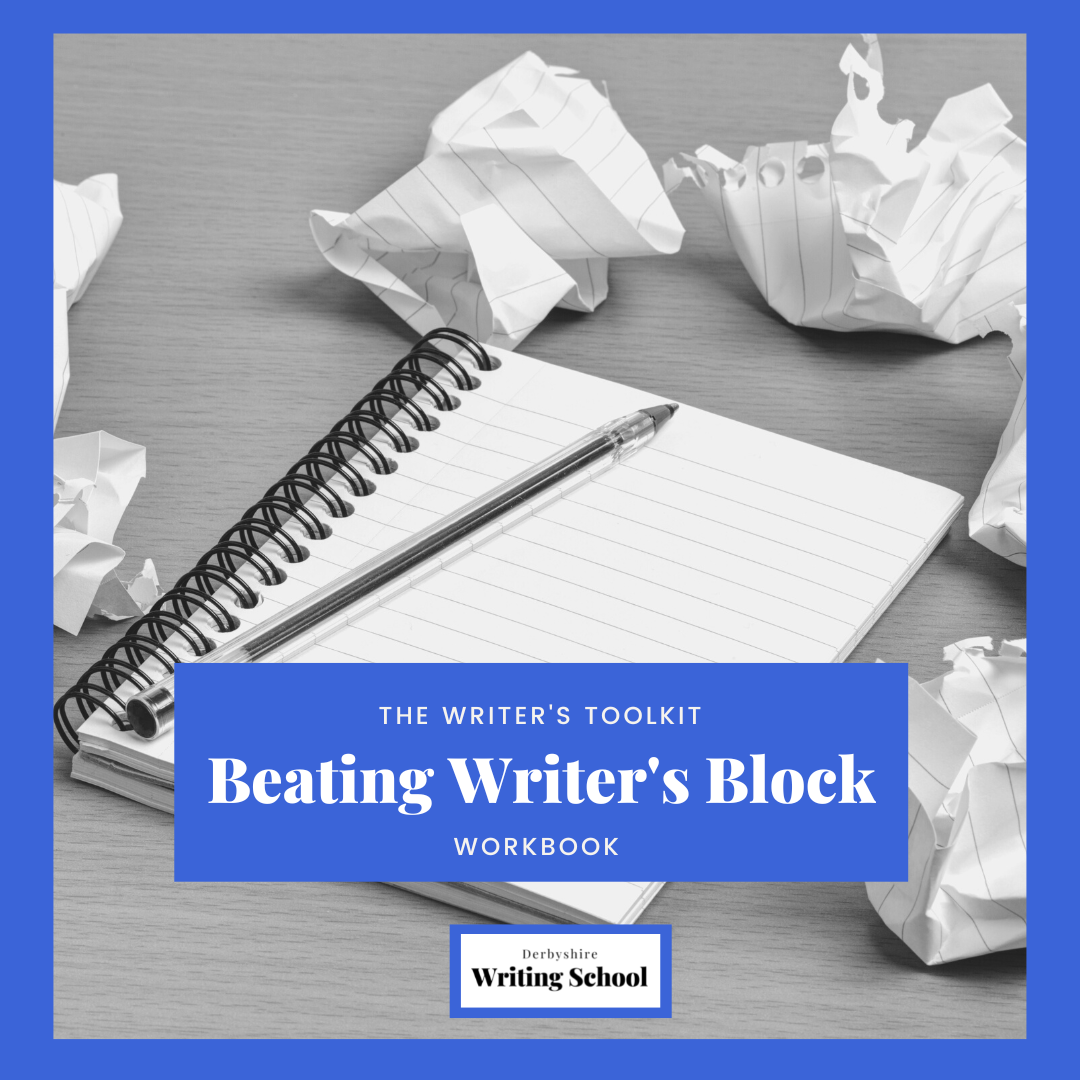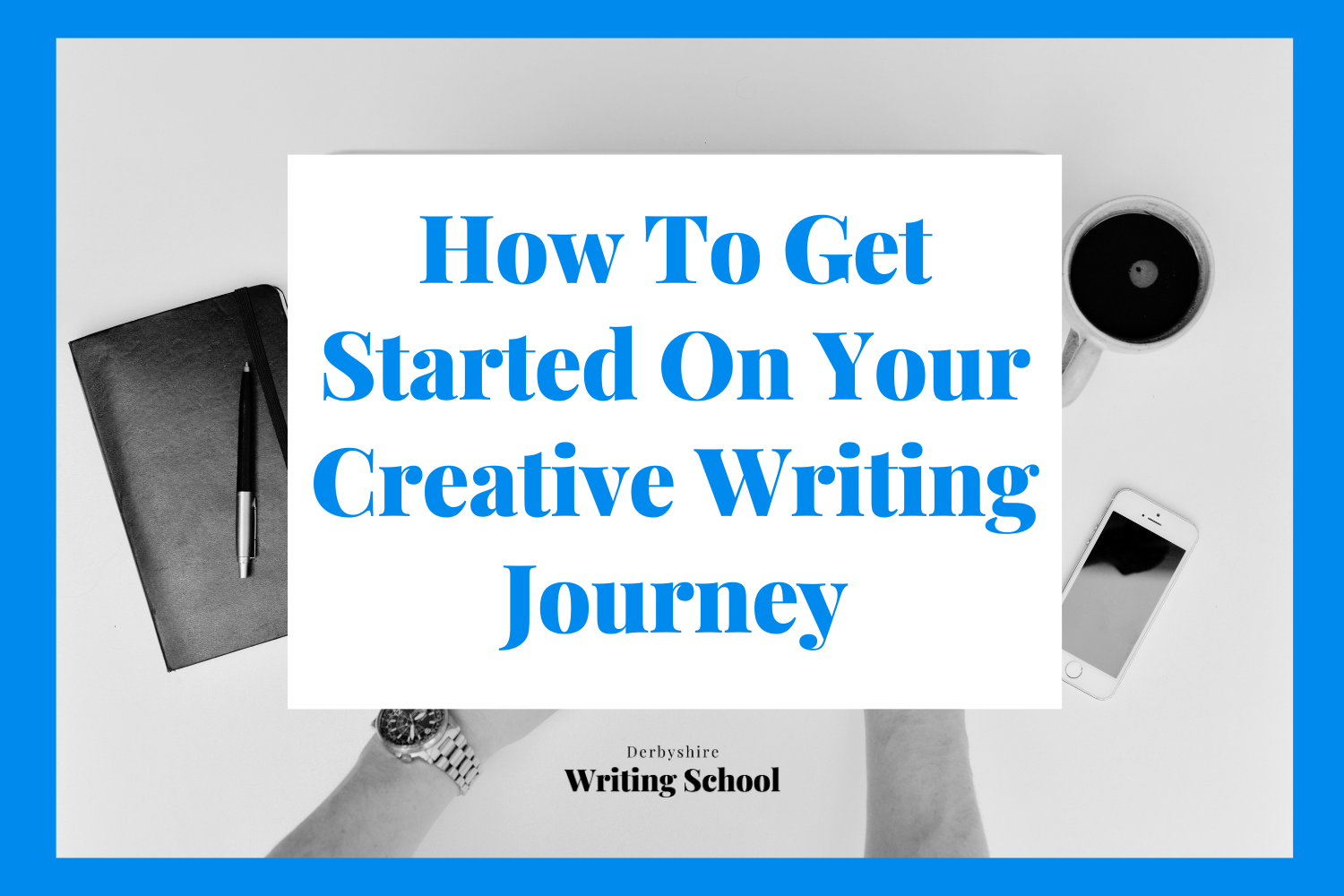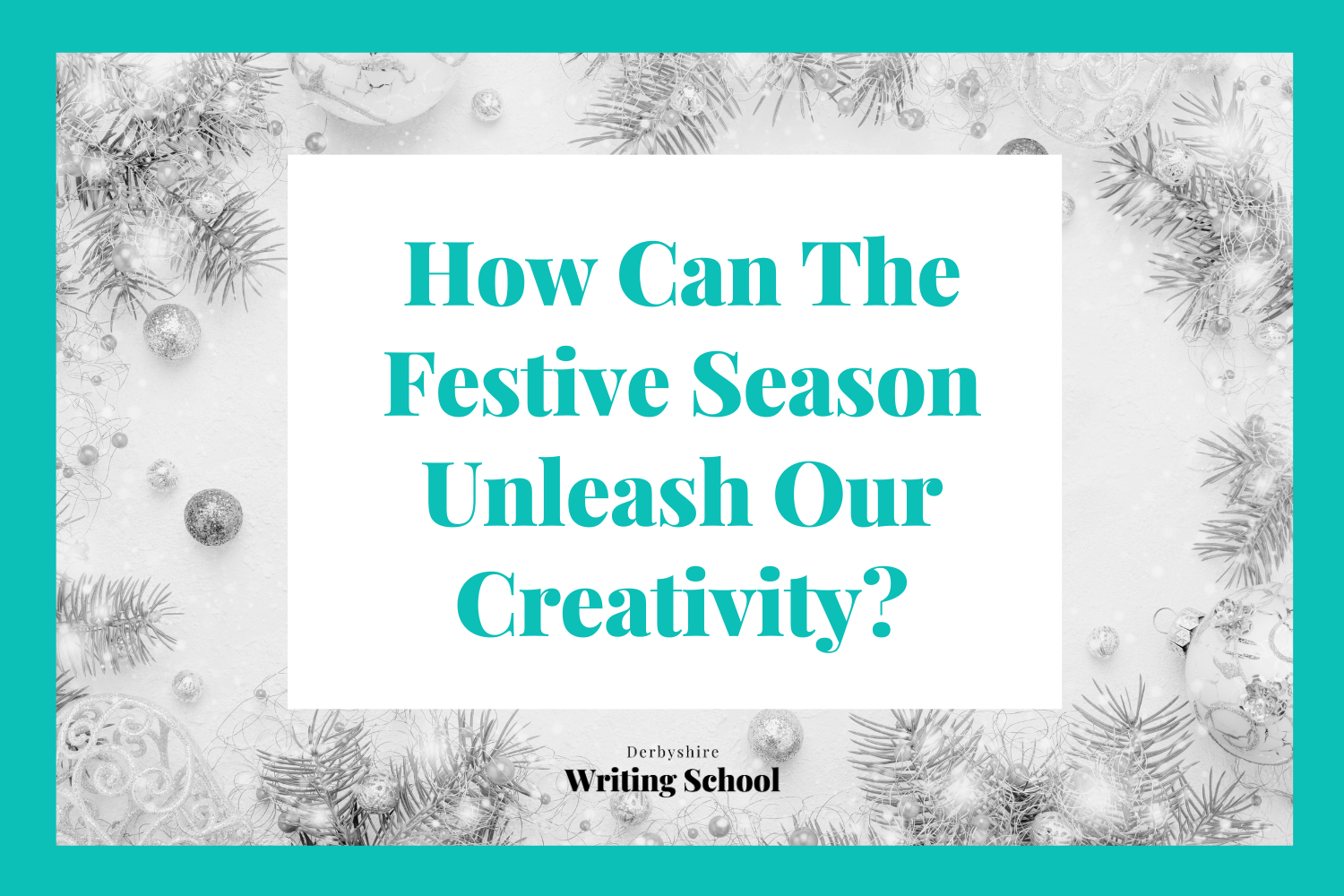This Is Why You Should Always Be Prepared For Inspiration To Strike
Inspiration is a crucial part of the writing process. It’s the fuel that gets our imagination running. It helps unlock the door to our creativity.
But what does inspiration really mean?
Inspiration has been defined in many ways. But a great way of looking at it is either as a momentary blaze, or an undeniable burst of energy.
Sometimes, we might find ourselves trying too hard to find the inspiration we need. It’s not always something we can control. As frustrating as it is, we can’t force the ideas to come to us. Sometimes, we have to let the inspiration find us.
Trying Something New With Your Creative Writing
Although we might have trusted places we rely on for our inspiration, it’s also important not to put limits on ourselves. Trying something different can produce unexpected results and can help to inspire us.
That’s why it’s important to be open to anything. It might surprise you where inspiration lies. Something might spark your imagination when you’re least expecting it.
The beauty of creative writing is that there are no limits. We can write about anything. This is also applicable to a writer’s inspiration. It can come from anywhere: any person, any place, any word, any picture. The possibilities are endless.
Let’s dive right in and explore some possibilities for inspiration:
1.Music and Creative Writing
Often we can find inspiration through lyrics. Certain words can really resonate, or we can become struck by a turn of phrase. Why not jot these down and come back and experiment with them later?
Lyrics can act as an alternative form of writing prompt, offering you that initial thought or idea that you can build from.
With so many different genres of music, there is plenty of opportunity for that spark of something to find you.
It’s also a great chance to listen to something new as well. Why not try music without lyrics? See what feelings that kind of music can generate when the lyrics are no longer there. Or try music for concentration?
2. People Watching and Creative Writing
Now this one can be really fun! Observing real interactions can be gold for writers. Of course, there’s a degree of subtlety needed here, but it can be really useful. For example, you get to hear natural dialogue and capture interesting details.
Someone or something might catch your eye, and from there, you can ask yourself questions. What’s their name? What’s their job? Where are they going? You can have great fun with this, inventing the answers and creating all these different scenarios.
This is a particularly great method when you’re struggling to create something from scratch. That pointer, that trait, that line of dialogue, might be the breakthrough you need.
3. Freewriting and Creative Writing
Freewriting is a great way to release creativity.
Write about anything to begin with. Don’t put any restraints on yourself, and for a few minutes, just let your imagination run wild, and empty the words from your head.
Freewriting often works best in short, sharp bursts. Time yourself and see what appears on the page.
The most important thing is to just keep writing. One idea can spark a chain of others, or you might find the beginning of a new story. If you don’t know what to write, keep writing ‘I’ve got nothing to say’. You can only write this for so long, eventually, your subconscious will take over and you’ll find you do have something to say! Beating writer’s block is possible.
Sometimes, overthinking can get in our way, and by letting ourselves write with no boundaries, we might uncover fresh material and surprise ourselves.
4. Nature and Creative Writing
Nature is full of potential inspiration for our stories.
Whether it’s changes in colour as we go from one season to another, a stunning landscape, or animals we might come across, there’s so much in nature that could spark our imagination. It’s full of potential writing opportunities.
Stepping into more rural surroundings can be a breath of fresh air, especially for those of us who live in more urban areas. A change of scenery can open our eyes to a world of new ideas, images and sensations.
5. Quotes and Creative Writing
No matter the subject, words have the potential to inspire.
Whether it’s an emotion you want to portray in one of your characters or a potential plotline, quotes can be really helpful in generating ideas.
Often browsing quotes on Pinterest, or through a Google search offers plenty of options too.
Alongside the usual clichés, there is a world of really original, emotive phrases out there waiting to be discovered and act as a source of inspiration.
They’re great for when you’re feeling stuck. Once you’ve found a quote that encompasses what you’re trying to say, you can adjust and play around with it.
5. Your Life and Creative Writing
Our own lives and experiences can be amazing material for our writing. Spend some time recalling memories, reminiscing about the past and see how inspiration can strike.
Although our writer’s mindset might instinctively tell us where to go for our inspiration, it could find us anywhere, at any time – if we let it.
While searching for that initial idea can be frustrating, it can also be a really exciting time, as you never know when that burst of creative energy might strike.
There’s no better feeling than that momentary blaze of inspiration.
If you’d like help with beating writer’s block, try our Beating Writer’s Block Workbook.
Our Beating Writer’s Block Workbook will help you:
✅ Identify what writer’s block is and the forms it can take.
✅ Explore what writer’s block could look like for you.
✅ Help you combat writer’s block by offering you some techniques and strategies to overcome it.
✅ Be prepared when writer’s block strikes.
✅ Learn how to avoid panic or worry when you feel stuck.
✅ Become more confident in your writing process.
Plus, it’s packed with writing prompts!












